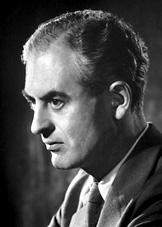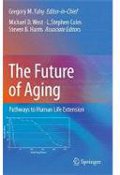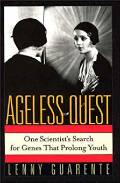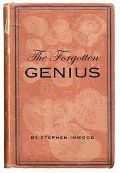Peter Medawar Proposes That Aging Evolved Into Existence Since The Force Of Natural Selection Diminishes After Reproduction
 Who:Peter Medawar
Who:Peter MedawarWhen:January 01, 1952
Institution: University College London
Where: London, England
In 1952 Peter Medawar wrote a book called An Unsolved Problem in Biology in an attempt to answer why aging has permitted humans to deteriorate with age despite no conferred advantage from aging.
Medawar concluded that evolution's power is greatest before reproductive age, but loses reach after reproduction since traits have already been passed on. In other words, any genetic diseases which occur after reproduction have less chance of being removed by natural selection since their genes have already been passed on. The theory of genes which act long after reproduction entering a genome is called Mutation Accumulation.
Medawar's theory of Mutation Accumulation provided the core for much future work on aging, notably work by Michael Rose who selectively bred older fruit flies to extend the life span of future generations.
Medawar continued work in the medical field by furthering understanding of skin grafting and organ transplants, eventually earning him a Nobel prize.
References




